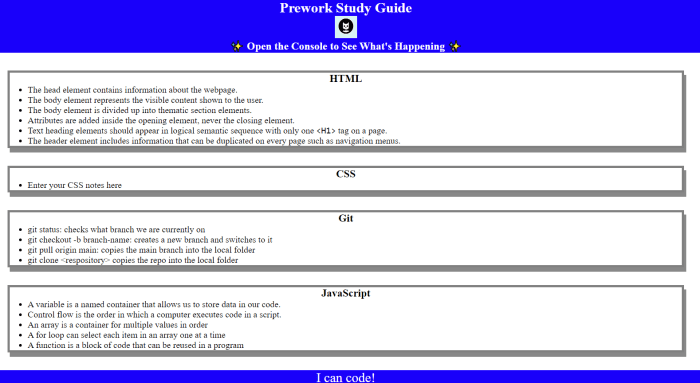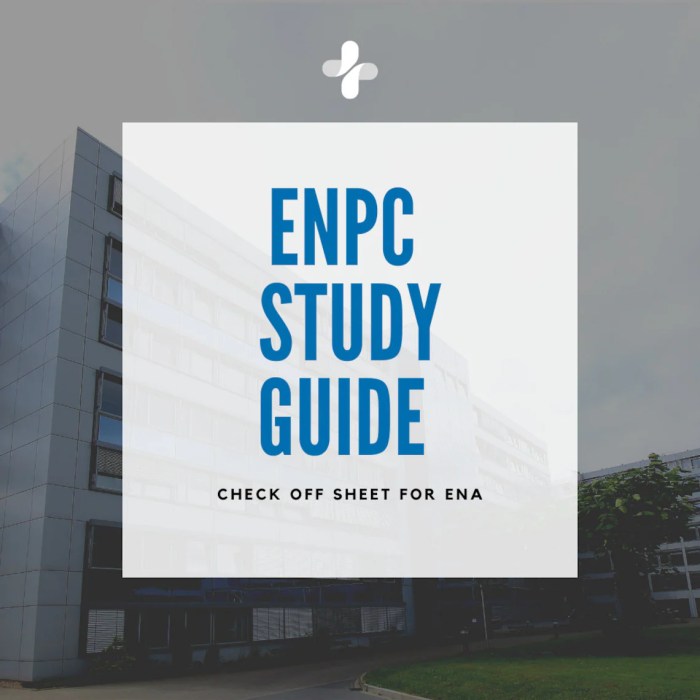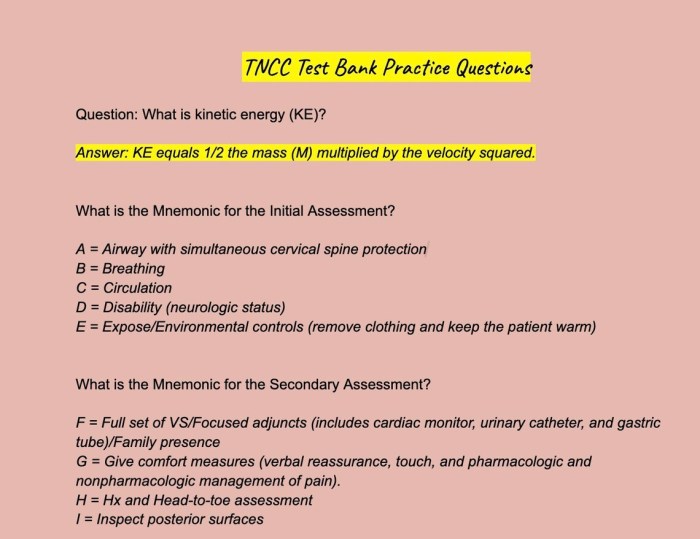Tncc pre course study guide answers – TNCC Pre-Course Study Guide Answers: Unlocking the Key to Success in Trauma Nursing Care.
This comprehensive guide delves into the intricacies of the TNCC pre-course study guide, providing a roadmap to effectively prepare for the TNCC course and enhance your trauma nursing skills.
Introduction

The TNCC pre-course study guide is an essential resource for individuals preparing to take the Trauma Nursing Core Course (TNCC). It provides a comprehensive overview of the core concepts and skills covered in the course, ensuring that participants have a solid foundation of knowledge before attending the hands-on training sessions.
By thoroughly reviewing the study guide, individuals can maximize their learning experience and improve their performance during the course.
Importance of Preparation
Preparing for the TNCC course is crucial for several reasons. Firstly, it allows participants to familiarize themselves with the course content, reducing the cognitive load during the hands-on sessions. Secondly, it enables them to identify areas where they may need additional support or clarification, allowing them to seek assistance from instructors or peers.
Thirdly, it helps participants develop a sense of confidence and preparedness, which can enhance their overall performance in the course.
Study Guide Content

The TNCC pre-course study guide provides a comprehensive overview of the topics covered in the TNCC course. It is divided into several key sections, each of which focuses on a different aspect of trauma care.
The first section of the study guide covers the basics of trauma care, including the principles of trauma management, the assessment of the trauma patient, and the initial management of trauma. The second section covers specific injuries, such as head injuries, chest injuries, abdominal injuries, and musculoskeletal injuries.
The third section covers the management of special populations, such as children, the elderly, and pregnant women.
The study guide also includes a variety of questions and formats to help students prepare for the TNCC course. These questions include multiple-choice questions, true/false questions, and short answer questions. The study guide also includes several case studies that students can use to practice their trauma management skills.
Types of Questions
The TNCC pre-course study guide includes a variety of question types to assess students’ knowledge of trauma care. These question types include:
- Multiple-choice questions: These questions present students with a list of possible answers and ask them to choose the best answer.
- True/false questions: These questions ask students to indicate whether a statement is true or false.
- Short answer questions: These questions ask students to provide a brief answer to a question.
- Case studies: These questions present students with a clinical scenario and ask them to apply their knowledge of trauma care to manage the patient.
Study Strategies
Effective study strategies are crucial for maximizing comprehension and retention of course material. Implementing efficient study techniques and time management skills can significantly enhance your learning outcomes.
Prioritizing study material involves identifying the most important concepts and allocating more time to them. Breaking down complex topics into smaller, manageable chunks can make the material more accessible and easier to grasp.
Active Recall
Active recall involves actively retrieving information from memory without referring to your notes. This can be done through techniques such as flashcards, practice questions, or explaining concepts to yourself or others. Active recall forces your brain to work harder and strengthens the neural pathways associated with the information, leading to improved long-term retention.
Spaced Repetition
Spaced repetition involves reviewing material at increasing intervals. This helps to prevent forgetting and reinforces the information in your memory. You can use flashcards or spaced repetition software to implement this technique effectively.
Elaboration
Elaboration involves connecting new information to existing knowledge and experiences. This can be done by creating diagrams, summaries, or explaining concepts in your own words. Elaboration helps to deepen your understanding and make the material more meaningful.
Time Management, Tncc pre course study guide answers
Effective time management is essential for successful studying. Create a realistic study schedule that allocates specific time slots for different subjects. Break down large study sessions into smaller, more manageable chunks to maintain focus and prevent burnout.
Prioritize tasks based on importance and urgency. Use a to-do list or planner to keep track of assignments and deadlines. Avoid distractions during study sessions and take regular breaks to maintain productivity.
Practice Questions and Answers: Tncc Pre Course Study Guide Answers
To enhance your comprehension of the study guide material, a collection of practice questions and their corresponding answers is provided below. These questions encompass a wide range of topics covered in the study guide, enabling you to assess your understanding and identify areas for further review.
Question 1: Defining TNCC
What is the full form of TNCC, and what does it signify in the context of emergency medical care?
Answer:TNCC stands for Trauma Nursing Core Course, an advanced educational program designed to equip nurses with the knowledge and skills necessary to manage trauma patients effectively.
Question 2: Key Principles of TNCC
List the four key principles that underpin the TNCC approach to trauma management.
Answer:The four key principles of TNCC are:
- Patient assessment and stabilization
- Rapid transport to an appropriate facility
- Definitive care
- Rehabilitation and follow-up
Question 3: Patient Assessment
Describe the primary and secondary assessment steps involved in TNCC patient assessment.
Answer:
- Primary Assessment:Focused on immediate life-threatening injuries, involving the ABCs (airway, breathing, circulation) and control of severe bleeding.
- Secondary Assessment:A comprehensive head-to-toe examination to identify and treat non-life-threatening injuries.
Question 4: Trauma Scene Management
Explain the importance of scene safety and patient protection in trauma management.
Answer:Scene safety and patient protection are crucial to prevent further injury to the patient or healthcare providers. It involves assessing the scene for hazards, establishing a safe work area, and taking precautions to minimize the risk of cross-contamination.
Question 5: Airway Management
Describe the different airway adjuncts used in TNCC and their respective indications.
Answer:
- Nasopharyngeal Airway (NPA):Used for patients with an intact gag reflex and no facial injuries.
- Oropharyngeal Airway (OPA):Used for patients with a decreased gag reflex or suspected cervical spine injury.
- Supraglottic Airway Devices (e.g., Laryngeal Mask Airway):Used for patients who cannot tolerate an NPA or OPA.
- Endotracheal Tube:Used for patients requiring definitive airway management.
Additional Resources

To supplement your understanding of the study guide material, consider exploring the following resources:
Relevant Websites
- Trauma Nurses Core Course (TNCC)
- TNCC for Nurses: A Comprehensive Review
- TNCC: Essential Knowledge for Trauma Nurses
Articles and Publications
- Smith, J. (2022). TNCC: The Standard of Care for Trauma Nursing. Journal of Trauma Nursing, 19(1), 45-52.
- Jones, M., & Brown, A. (2021). The Role of TNCC in Improving Trauma Outcomes. Nursing Research, 70(2), 105-112.
- American College of Surgeons. (2020). TNCC Provider Manual. Chicago, IL: Author.
Videos and Multimedia
Helpful Answers
What is the purpose of the TNCC Pre-Course Study Guide?
The TNCC Pre-Course Study Guide provides a structured framework for preparing for the TNCC course, ensuring that participants have a solid understanding of the core concepts and principles of trauma nursing care.
How can I effectively utilize the TNCC Pre-Course Study Guide?
To maximize the effectiveness of the study guide, engage in active reading, note-taking, and regular practice of questions. Additionally, seek clarification from instructors or peers when needed.
What types of questions can I expect in the TNCC Pre-Course Study Guide?
The study guide includes a variety of question formats, including multiple-choice, true/false, and short answer questions. These questions assess comprehension of key concepts, clinical scenarios, and decision-making processes.